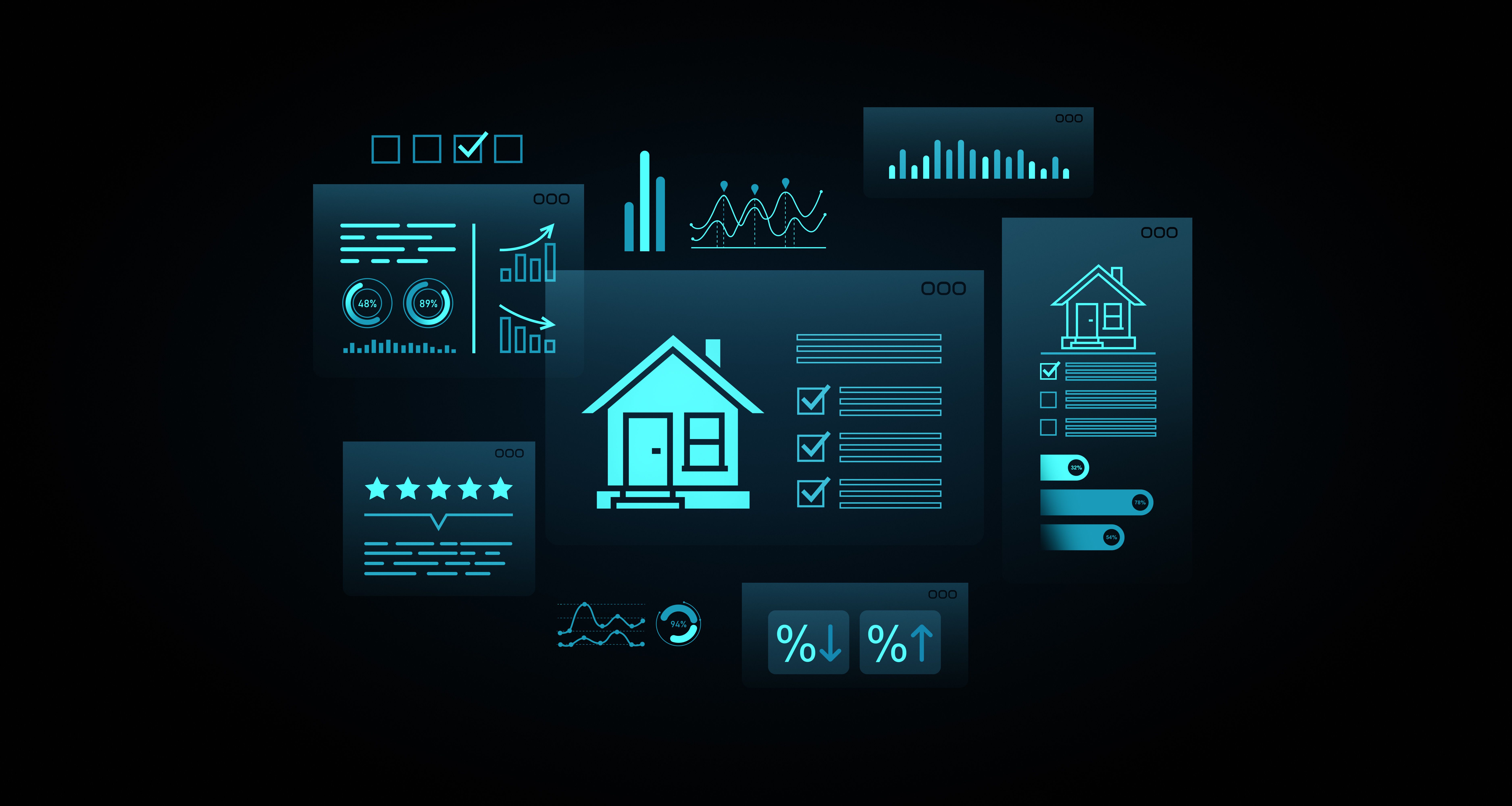Revolutionizing Real Estate: The Role of Blockchain in Transactions
The real estate industry has long relied on traditional methods for transactions, often involving numerous intermediaries and extensive paperwork. However, the emergence of blockchain technology is set to revolutionize how these transactions are conducted, offering increased transparency, security, and efficiency.
Understanding Blockchain in Real Estate
Blockchain, a decentralized digital ledger, records transactions across multiple computers. In real estate, this technology can streamline processes by eliminating the need for intermediaries, such as brokers and lawyers, reducing costs and time delays.
The use of blockchain ensures that all transaction data is immutable and transparent, building trust among parties involved. This technology can significantly reduce fraud and errors, which are common in traditional real estate transactions.

Smart Contracts: Automating Transactions
A significant benefit of blockchain in real estate is the implementation of smart contracts. These are self-executing contracts with terms directly written into lines of code. They automatically enforce and verify the agreement, ensuring both parties meet their obligations.
Smart contracts eliminate the need for third-party verification, reducing transaction time and costs. This automation makes the buying and selling of properties more efficient and reliable.

Benefits of Smart Contracts
- Speed: Transactions are processed faster without manual intervention.
- Cost-Effective: Reduces fees associated with intermediaries.
- Accuracy: Minimizes human error and potential fraud.
Tokenization: A New Investment Avenue
Blockchain also introduces the concept of tokenization in real estate. This process involves dividing a property into digital tokens, allowing investors to purchase fractions of a property, thus democratizing access to real estate investments.
Tokenization provides liquidity to the real estate market, enabling investors to buy and sell property shares with ease. It opens up new opportunities for smaller investors to diversify their portfolios.

Challenges and Considerations
Despite its potential, the integration of blockchain in real estate is not without challenges. Legal and regulatory frameworks need to adapt to accommodate these technological advancements. Additionally, widespread adoption requires significant changes in industry practices and infrastructure.
Stakeholders must collaborate to address these hurdles, ensuring that the transition to blockchain-based systems is seamless and beneficial for all parties involved.
The Future of Real Estate Transactions
The role of blockchain in transforming real estate transactions is undeniable. As the industry continues to evolve, blockchain technology promises to enhance efficiency, transparency, and accessibility in the property market.
Embracing these innovations will not only revolutionize how transactions are conducted but also pave the way for a more inclusive and dynamic real estate landscape.

